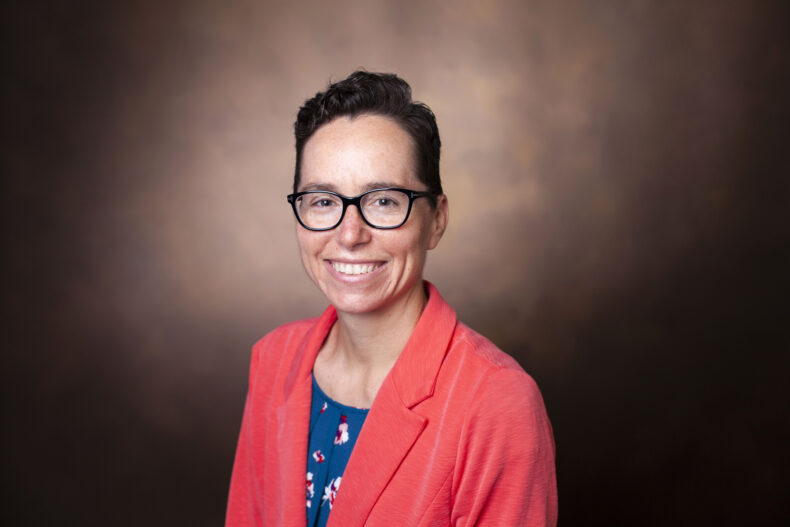As the nation seeks to more fully integrate quality improvement with all aspects of health care delivery, Vanderbilt University School of Medicine (VUSM) is restructuring its Continuing Medical Education (CME) office to achieve similar goals.
The new Vanderbilt Office for Continuing Professional Development (CPD) will align educational requirements for physicians and medical residents with quality initiatives.
Physicians are now required to participate in quality projects in order to maintain their specialty board certification. The Office of CPD will assist individual doctors, their clinical departments and VUMC by organizing a structure to oversee approval of projects that both meet attending physicians’ certification criteria and align with the Medical Center’s quality improvement goals.
As part of this restructuring, several key VUSM administrators have newly expanded roles:

• Donald Brady, M.D., former associate dean for Graduate Medical Education (GME), will become senior associate dean for GME and Continuing Professional Development and will oversee activities of the new Office for CPD.
• Bonnie Miller, M.D., senior associate dean for Health Sciences Education, will now also serve as associate vice chancellor for Health Affairs, reflecting a broader role in the oversight of medical educational efforts at Vanderbilt.

• Don Moore, Ph.D., former director of the Office of CME, has been named educational director for the Office of CPD.
“I want to congratulate Dr. Brady, Dr. Miller and Dr. Moore on these appointments, and also express my sincere appreciation for their commitment to serve in newly created roles,” said Jeff Balser, M.D., Ph.D., vice chancellor for Health Affairs and dean of the School of Medicine.

“The CPD has been thoughtfully structured to efficiently facilitate the diverse learning needs of our faculty and residents, while bringing greater focus to quality improvement initiatives throughout the institution.”
In addition to the requirements for attending physicians, as of July 1, the Accreditation Council for Graduate Medical Education (ACGME) requires certified residency and fellowship programs, like Vanderbilt’s, to integrate medical trainees into their institutions’ quality improvement and safety projects.
Brady said with these requirements, it makes sense to have CME and GME overseen by one office.
“Alignment of what faculty need to do for maintenance of certification with the need for residents to be integrated into institutional quality projects will provide an opportunity for us to meet the needs of both groups at the same time.
“Through our office, individual physicians can choose to partner with Vanderbilt quality improvement projects, saving significant time on all the groundwork it would take them to set up something on their own,” Brady said.
The new Office of CPD will do more than just reduce duplication of efforts among physicians and trainees with similar requirements.
Miller said the Office for CPD provides a natural expansion of the principles of lifelong learning exemplified in VUSM’s innovative Curriculum 2.0.
“Meaningful lifelong learning should have an immediate impact on improving quality of care. CPD’s important role in aligning education efforts with patient, population and health system needs will allow Vanderbilt to become a national leader in demonstrating the relationship between professional development, physician performance and our patients’ health outcomes,” Miller said.
A Quality Project Review Committee (QPRC) is currently being formed with representatives from the clinical departments, the Patient Safety and Quality infrastructure and the educational enterprise.
This committee will be responsible for approving proposals for projects that may meet certification criteria as well as ACGME requirements.

















